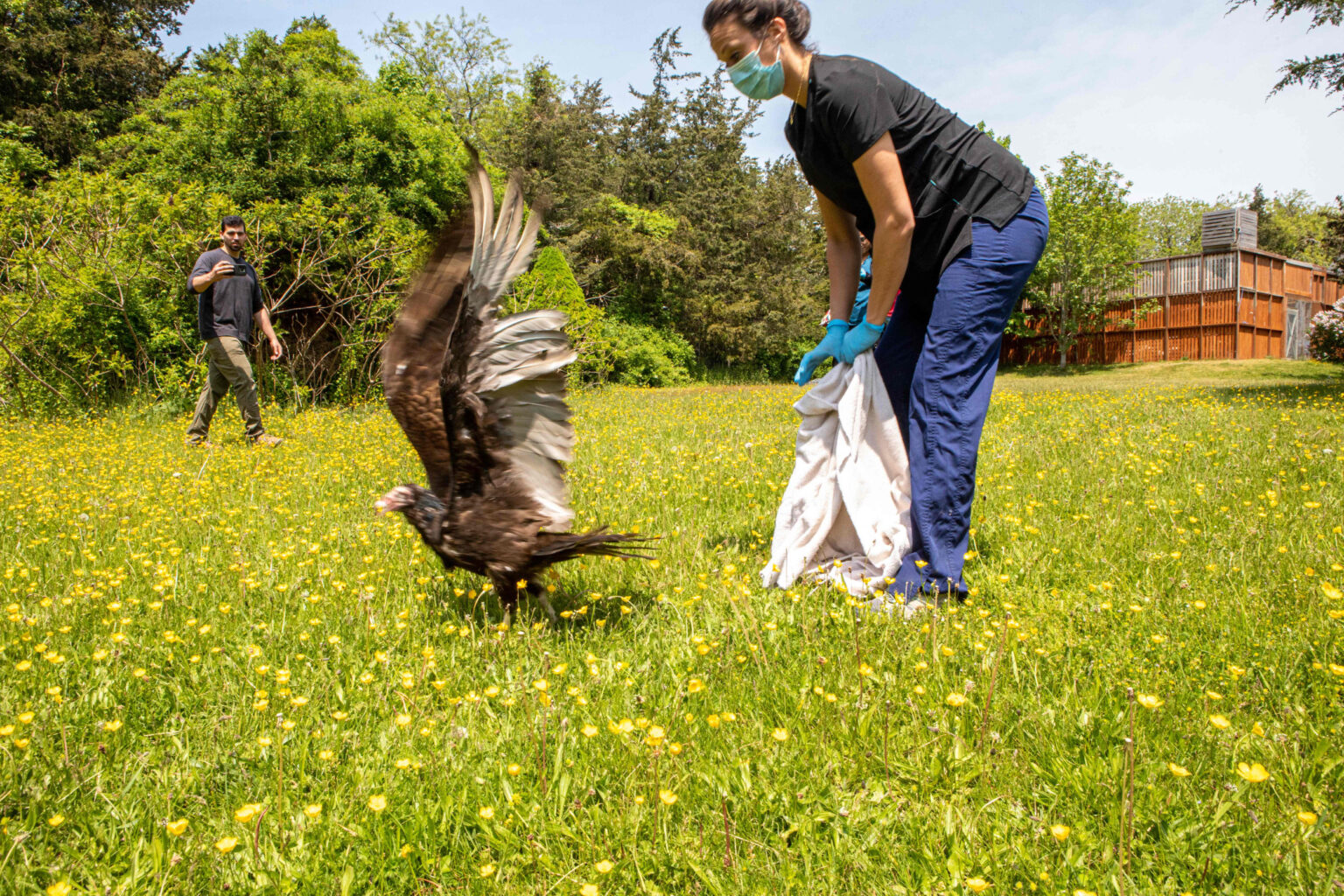During the coronavirus pandemic, Americans faced economic hardship and instability, sparking the federal government to send out several rounds of stimulus checks.
While many may believe the days of pandemics are behind us, a new bird flu epidemic could threaten that assumption, leading to more economic turbulence.
Why It Matters
Americans received three rounds of stimulus checks during the coronavirus pandemic, subsequently adding up to $3,200 in direct aid.
While some Americans used this money to keep their finances afloat and a roof over their heads, others injected the cash back into the economy, leading to nationwide inflation.
If the bird flu reached similar prevalence to COVID-19, Americans may be up for an additional round of stimulus checks.
What To Know
While the current public health risk for bird flu remains low, the CDC has put the virus on a watch list and is working with states whose populations have experienced animal exposure.
The avian flu is considered highly contagious, and humans can be affected after contact with bird saliva, mucus and feces. At the moment, fewer than 100 cases of bird flu have been diagnosed in the U.S. and the illness appears to be mild to moderate in severity, experts say.
If the bird flu moved from a low-risk virus to a real threat to humans and ended up shutting down schools and businesses similar to how COVID-19 did, economists anticipate we might have another stimulus check situation at play.
Newsweek reached out via email to President-elect Donald Trump for comment on potential stimulus checks.
What People Are Saying
Panagis Galiatsatos, associate professor of medicine and oncology at Johns Hopkins and co-director of Medicine for the Greater Good, told Newsweek:
“Overall, we are still keeping an eye on it as the virus has yet to have mutated into a contagion that can spread from person to person. However, I feel we are much more prepared to assure this does not become a global crisis for three reasons: One, oseltmaviri (tamiflu) seems to have efficacy against it. Two, it is an influenza virus, where we have decades of vaccine knowledge against this microbe unlike coronaviruses that gave us COVID. And three, we have technology that can make us the vaccines faster (mRNA technology).”
Daniel Havlichek, professor of medicine and chief of the College of Human Medicine Infectious Diseases Division at Michigan State University, told Newsweek:
“Bird flu has occurred before and it never caused major disruption of the function of the US. It is possible that this iteration of bird flu will be problematic but likely not result in widespread disruption of services and high mortality is some populations that Covid-19 did. I say that with some trepidation since we used the same logic to predict the behavior of Covid-19 from the prior Coronavirus outbreaks and we were wrong.”
Alex Beene, financial literacy instructor for the University of Tennessee at Martin, told Newsweek:
“The good news is the current strain of bird flu that has made the rounds in a few areas of the country is nowhere near as transmissible as COVID-19 was. That is not to say it could evolve into something more powerful, but for the time being, it seems highly unlikely we’ll have a pandemic similar to the one we encountered in 2020. Having said that, I think it’s fair to say if we do have anything similar to the scale of the most recent pandemic again in our lifetimes, the odds are high that Americans would receive stimulus checks.”
What Happens Next
While the CDC continues to monitor the bird flu and it has now entered all 50 states, the risk of a human epidemic remains low.
Experts say the likelihood of it becoming a global threat is unlikely, since Tamiflu appears to protect humans, and humans have decades of vaccine knowledge around the influenza virus, as opposed to COVID-19.
But, in the likelihood of an outbreak of that scale, Beene said, Americans would likely be looking to the government for stimulus payments, and lawmakers could easily bend to that pressure.
“While so many government decisions at federal, state, and local levels were unpopular during that time, the stimulus payments were one of the few decisions that earned universal acclaim and were viewed as essential in keeping many Americans’ heads above water financially,” Beene said. “Just don’t expect to see them for this strain of bird flu any time soon.”
Read the full article here


